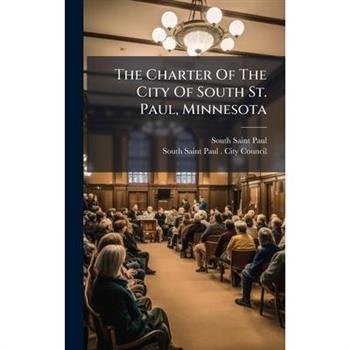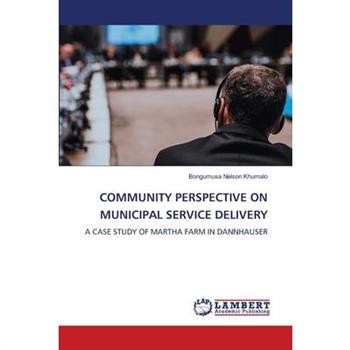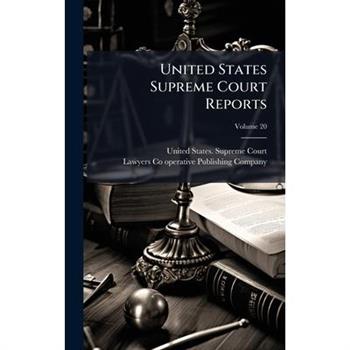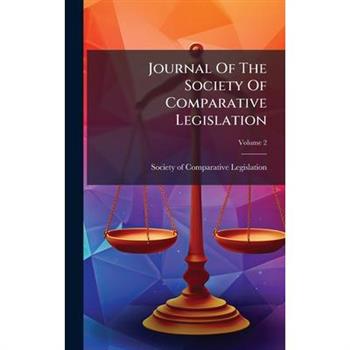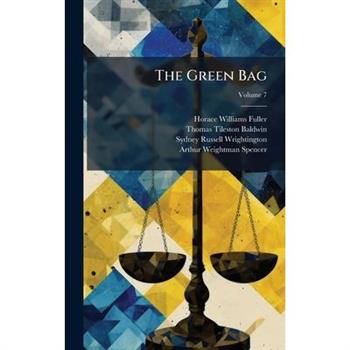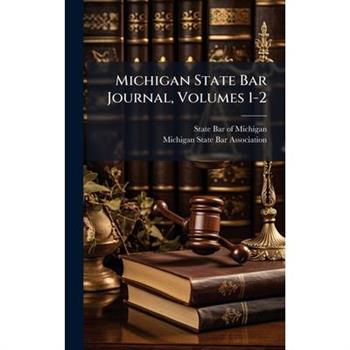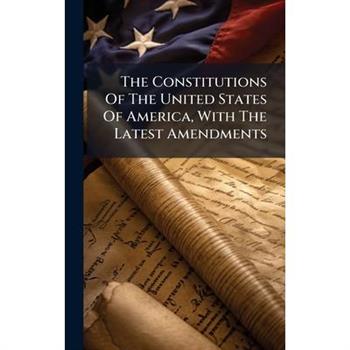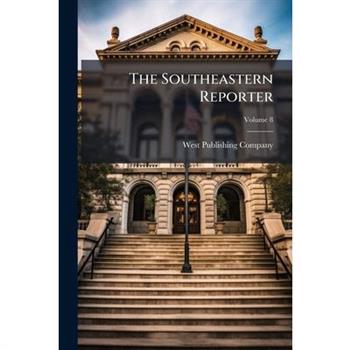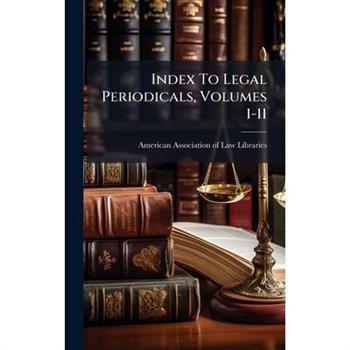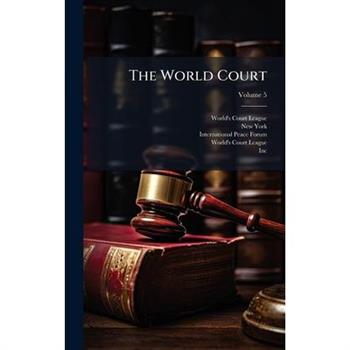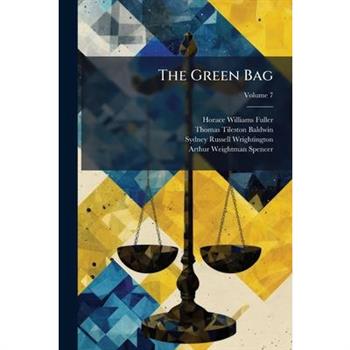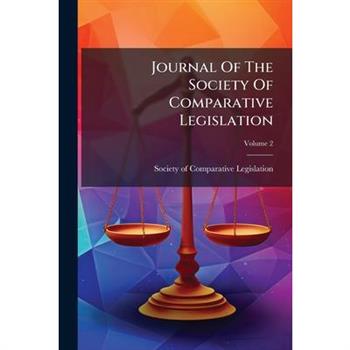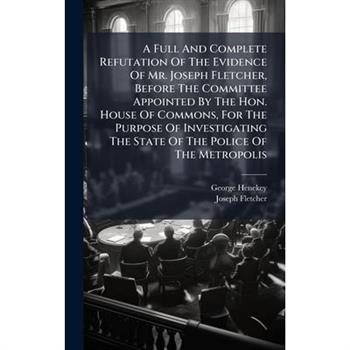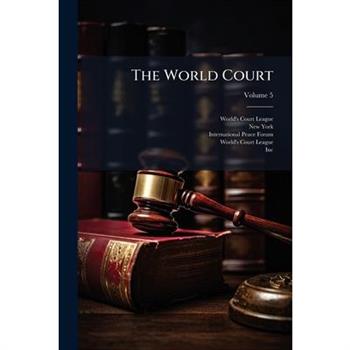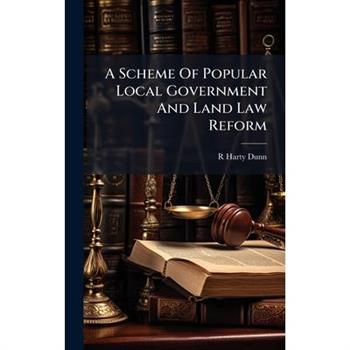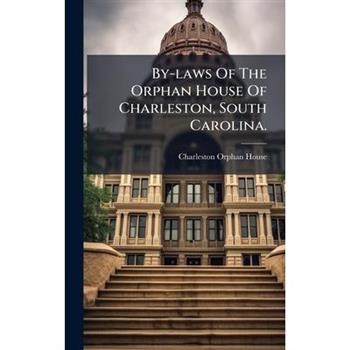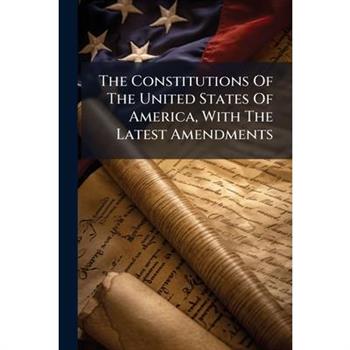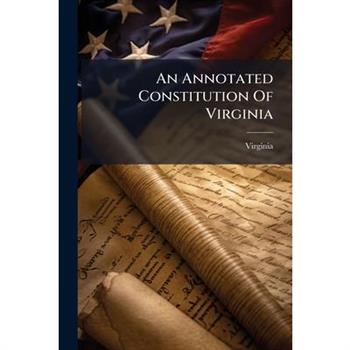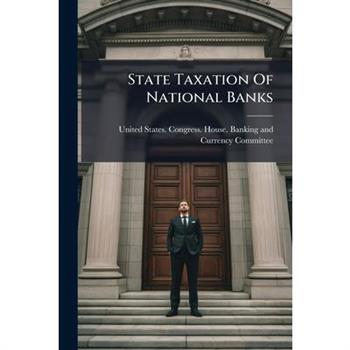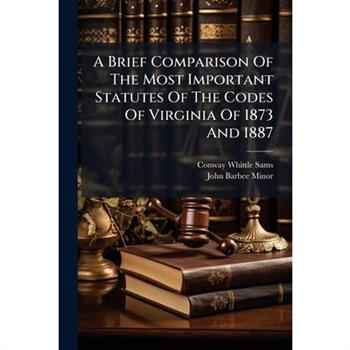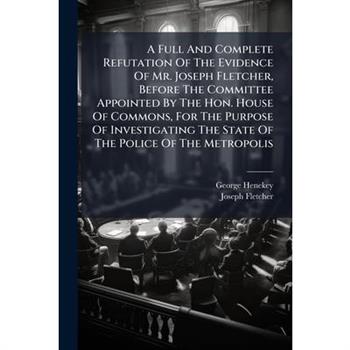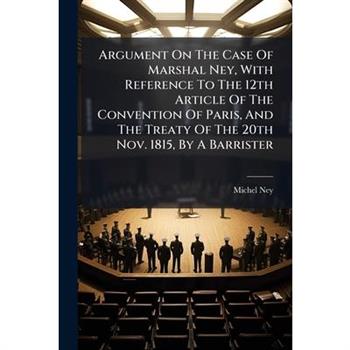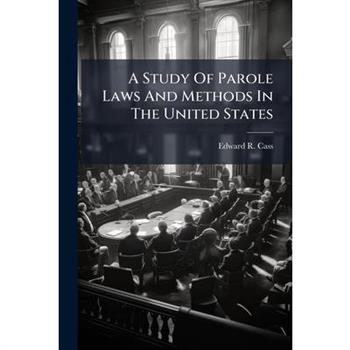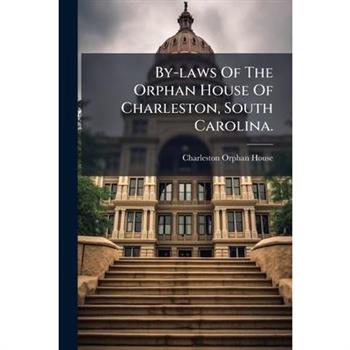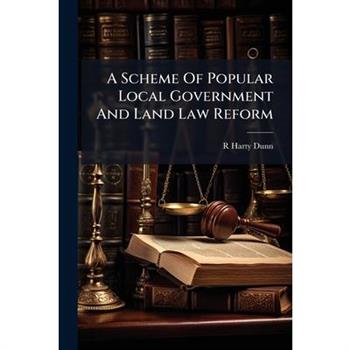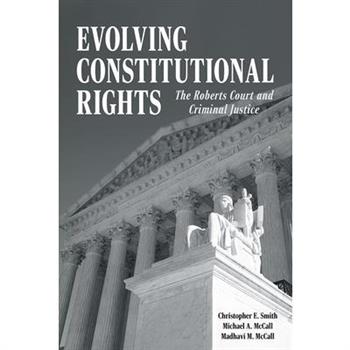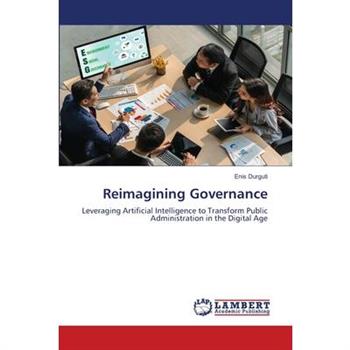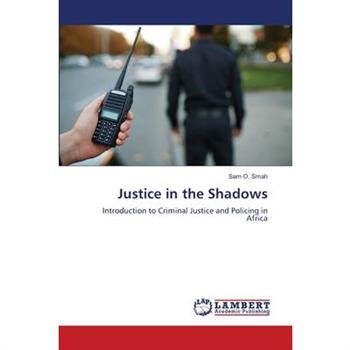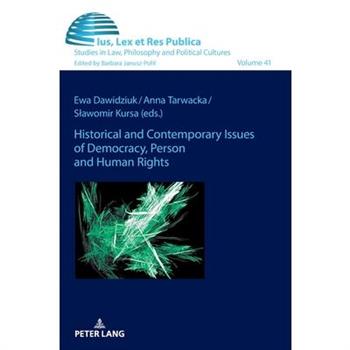The Charter Of The City Of South St. Paul, Minnesota
Community Perspective on Municipal Service Delivery
Journal Of The Society Of Comparative Legislation
Ausf?1/4hrliche Erl瓣uterung Der Pandecten Nach Hellfeld
Journal Of The Society Of Comparative Legislation
A Scheme Of Popular Local Government And Land Law Reform
A Study Of Parole Laws And Methods In The United States
Ausf?1/4hrliche Erl瓣uterung Der Pandecten Nach Hellfeld
A Study Of Parole Laws And Methods In The United States
A Scheme Of Popular Local Government And Land Law Reform
Evolving Constitutional Rights
Illuminating continuity and change in Supreme Court decisions Evolving Constitutional Rights: The Roberts Court and Criminal Justice offers a compelling and in-depth analysis of how the U.S. Supreme Court has reshaped constitutional protections under Chief Justice John Roberts. Authors Christopher E. Smith, Michael A. McCall, and Madhavi M. McCall examine the Court's significant decisions from 2005 to Justice Breyer's retirement in 2022, revealing a complex judicial landscape where traditional doctrines are revised and fundamental rights are redefined. The Roberts Court played a decisive role in some of the most contentious issues in American law. Due to several justices' application of originalist interpretations, its rulings have reconfigured key constitutional protections--often in ways that expand the authority of law enforcement while constraining legislative power over criminal statutes. The trajectory of the Court's conservative supermajority raises pressing questions about the future of constitutional rights. Taking a rigorous yet accessible approach, Evolving Constitutional Rights breaks down the Court's influence across the full spectrum of criminal justice issues, from sentencing and trial rights to search-and-seizure protections, Miranda warnings, and corrections policies. Using both legal and empirical analysis, the authors track patterns in judicial ideology, uncovering how the Roberts Court has not only reinforced conservative principles but also unexpectedly broadened rights in areas such as digital privacy and defense counsel obligations. This timely and insightful book goes beyond historical rulings to offer a forward-looking perspective on the Supreme Court's role in shaping public safety, legal precedent, and the balance of power in American government. Essential reading for legal scholars, policymakers, and anyone concerned with the future of constitutional rights, this new volume provides a clear and authoritative examination of the Roberts Court's lasting impact on American law.
Consolidated Human Services Boards in North Carolina
Consolidated Human Services Boards in North Carolina is a guide for individuals who serve on the governing boards of consolidated human services agencies across the state, giving them information they need to conduct their work lawfully and effectively. It is intended for both appointed consolidated human services boards and any elected board of county commissioners that serves as the governing board for a consolidated human services agency. This book may also be a useful reference tool for human services directors, county managers, county attorneys, and others who work with local human services agencies.This book is the third in a three-part series that also includes Local Social Services Boards in North Carolina, by Kristi A. Nickodem, and Local Boards of Health in North Carolina, by Kirsten E. Leloudis. For more School of Government resources regarding social services, public health, and consolidated human services, please visit the North Carolina Human Services Hub at https: //humanservices.sog.unc.edu/. We also routinely post about health and human services topics on our local government law blog, Coates Canons (https: //canons.sog.unc.edu/).
Pandemocracy in Latin America
This book addresses two questions: firstly, how has the fight against COVID-19, especially the individual and collective responses of Latin American nation-states, influenced the relationship between power, people, and statebodies? And secondly, has democracy taken a step back and allowed pandemocracy to replace its long-term legitimising function? Adopting a Global South perspective, the book explores the constitutional, political and institutional measures that paved the way for several aggressive state policies in various Latin American countries during the COVID-19 pandemic. The contributions provide a detailed review of democratic decay and the 'rule of law' impairment in many countries of the region. The book goes beyond mere observation and explores all the main theoretical elements that can lead to a more comprehensive understanding of the political and normative impact of the pandemic. In terms of constitutional design and concerning the actual behaviour of political bodies, the fairness and efficacy of Latin American state responses during the COVID-19 pandemic did not rely on civic culture, executive goodwill, or boldness on the part of the judges. The aim of this volume, therefore, is to unravel the most subtle elements of a very puzzling situation. Multidisciplinary perspectives are deployed to explore how democratic standards and goals have been reshaped by nuanced constructions of certain atavistic normative ideas or even by non-constitutional policies. The book sheds light on the underlying connection between politics and law.
From Theory to Practice in Private International Law
This book, compiled in honour of the work and life of Professor Jonathan Fitchen, brings together preeminent scholars from across the private international law world to address a wide spectrum of subject matter in the discipline. It offers substantial new insights into our understanding of private international law - from theory to practice. The contributions in the book analyse a variety of conceptual and substantive problems in private international law and consider current developments in the discipline, from conceptual analyses of the evolving nature and scope of private international law to substantive problems across a range of longstanding issues on which there is insufficient scholarly analysis. These include contemporary problems of great political importance, such as environmental protection, gender-based discrimination, asymmetries of private power, and the proper delineation of public and private intervention. The authors also address emerging problems in commercial law, such as cryptocurrencies, longstanding definitional concerns in family law, and broader emerging systemic concerns, such as the treatment of authentic instruments and the place of human rights protection in global supply chains. The book is a valuable resource for the judiciary, legal practitioners, policy makers, and scholars and students of private international law.
Territorial Governance in Southeast Asia
This book assesses territorial governance (that is, all forms of subnational governance) as a constitutional artefact in five Southeast Asian countries - Indonesia, Malaysia, Myanmar, the Philippines, and Thailand. Starting with the linked ideas of localism and subsidiarity, the argument is that these states have used various forms of subsidiarity for dealing with ethnic and religious pluralism and the social diversity for which Southeast Asia is especially noted. Territorial governance mechanisms discussed range from decentralisation to special regional autonomy, federalism, and local government, including village autonomy. A silent revolution has occurred in which our view of these states as highly centralised 'developmental states' is in need of serious modification. Southeast Asia, the book argues, presents a high degree of originality in the framing of territorial governance.





